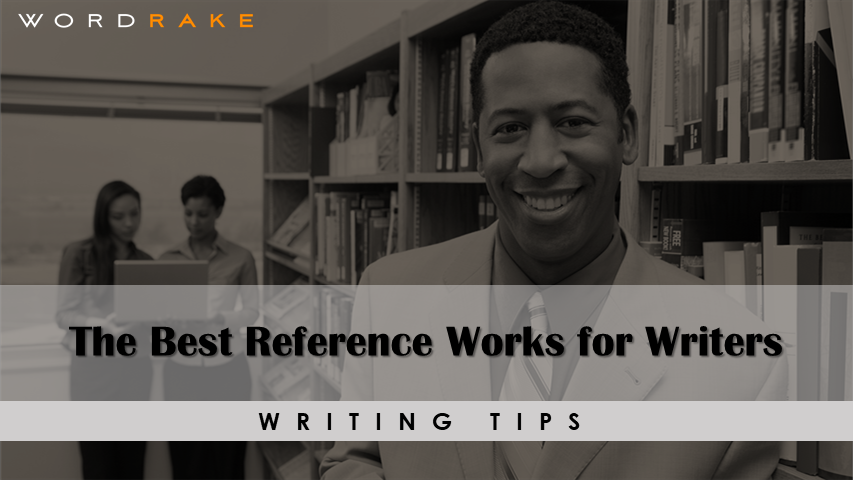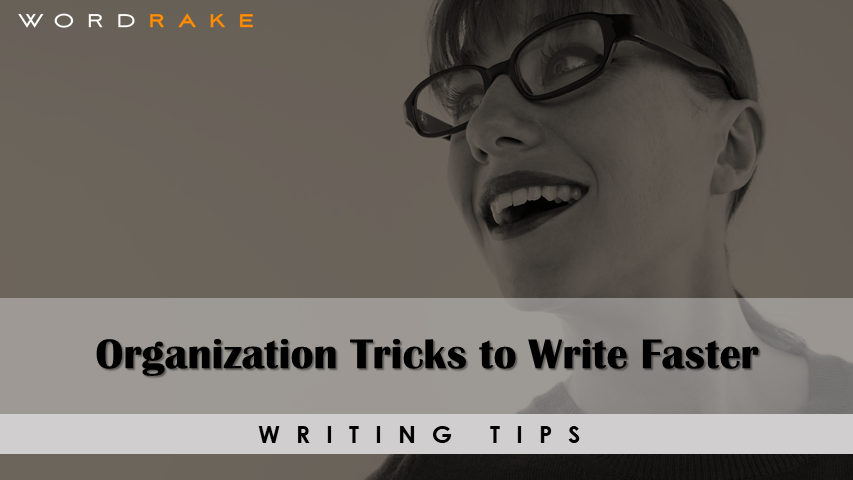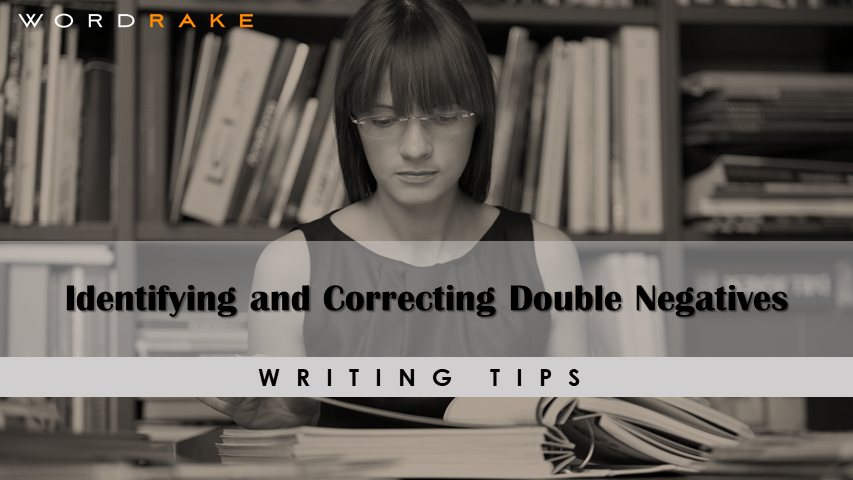As promised, I have created another exercise for you. I was inspired by the many of you who use WordRake and have written to tell us you play a game called “Beat the Rake.” (We never outgrow that part of our childhood: making anything a game is the spoonful of sugar.) The idea here is to challenge yourselves to make every edit you think WordRake would make, then turn on WordRake and see if it finds anything else. If you don’t have WordRake yet, you can use the 7-day free trial at www.wordrake.com/trial, or click the "ANSWER" link below, and we will show you the raked document so you can check your editing. This exercise will help you tighten your writing.
Continue readingMost of you have seen the commercial; it's hard to miss: Ford introducing its new line of hybrids. At the end of the commercial, below the Ford logo, this sentence pops onto the screen:
Continue readingEvery time you try to communicate in writing, you step onto the high wire, risking your reputation. It’s the most important thing you do every day, yet think of the irony: I send a manuscript to my publisher in New York, and two editors analyze every word; you have no one to look at your writing before you send it out for others to read.
Continue readingOnce upon a time, I was a ski bum in Sun Valley, Idaho, carrying bags for the likes of Paul Newman and Barbra Streisand. Before that, I had never seen snow. I left my hometown of Ft. Lauderdale and a temperature of 70 degrees on December 26th and drove into Ketchum, Idaho three-and-a-half days later where it was 30 below. My car key snapped off in the trunk. I did not own a pair of socks.
Continue readingLast week, just as the popcorn finished popping, we sat staring into the abyss. Having gone wild with its new-found freedom, the Right Brain had spewed so much incomprehensible garbage onto the page, it had confused itself.
Continue readingPsychiatrists don't have a diagnosis for this in the DSM of Mental Disorders, but somebody ought to be studying why so many of us take so long to get to the point. Even in a sentence. We seem incapable of just saying it. We have to fool around first, holding off our reader. "Paranoid Personality Disorder" made it into the DSM to label those who are suspicious, grudge-bearing, combative, and preoccupied with unsubstantiated “conspiratorial” explanations. Yet "Paranoid Personality Disorder" affects only one percent of our population; the new disorder affects about ninety-five times that many.
Continue readingUnless you work on Walden Pond, carving two or three hours out of your media-riddled day to focus on the substance for a report or proposal or brief is nearly impossible. But you can usually preserve pockets of twenty to thirty minutes. Don’t waste these precious moments staring out the window.
Continue readingFor twenty-five years, I taught an all-day writing program to show lawyers how to win more cases. Much of what I taught applies to anyone who wants to persuade a teacher, a boss, a colleague, a client, or the board. The reader doesn't have to be a judge. Toward the end of the day, I would tell the lawyers, “I have not suggested you write down one thing I have said so far. But I am suggesting you write down this sentence. And I suggest you take this sentence back to your office, type it up, blow it up, bold it up, and print it in a nice font. Make a sign out of it. Laminate the sign. Punch two holes in the sign. Tie a string between the two holes. Hang it off the bookshelf in your office. And read it every day. Several times a day.”
Continue readingMany years ago, a law firm in Chicago asked me to be an expert witness on the difference between that and which. The issue concerned a selling manufacturer’s non-compete clause. That at the beginning of the clause meant zero dollars for the buyer; a comma followed by which meant millions of dollars for the buyer. But the clause read "which" with no comma.
Continue reading










